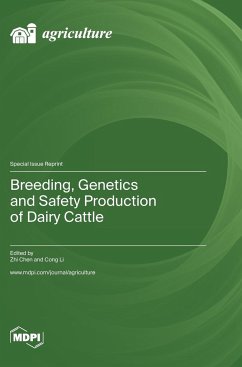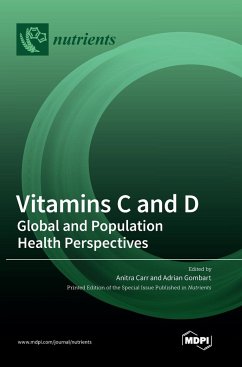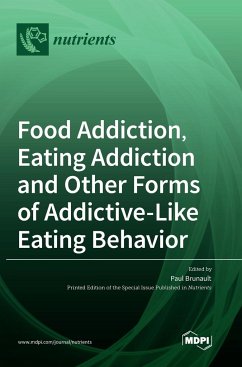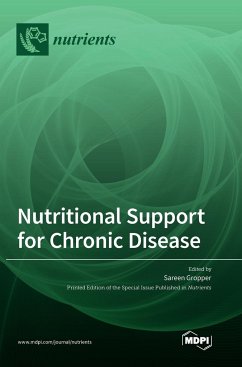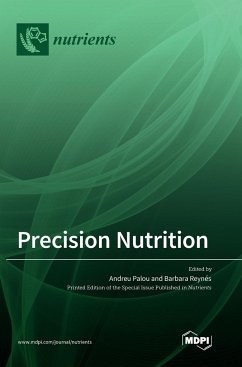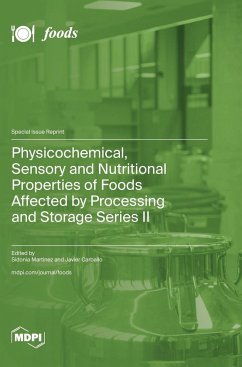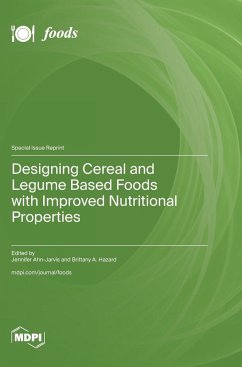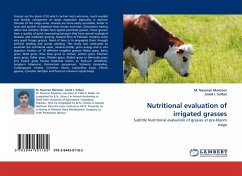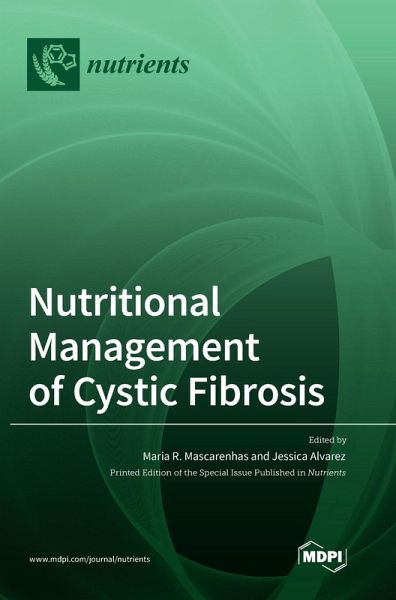
Nutritional Management of Cystic Fibrosis
Versandkostenfrei!
Versandfertig in 1-2 Wochen
70,99 €
inkl. MwSt.

PAYBACK Punkte
35 °P sammeln!
Cystic Fibrosis is an inherited disease that starts in utero. It is caused by a defective protein called the CF transmembrane conductance regulator (CFTR) and while the effects are seen throughout the body, changes in the lungs, gastrointestinal tract, pancreas and liver primarily impact nutritional status. Survival and pulmonary function have been linked to nutritional status. Malnutrition and growth failure were historically the hallmark of disease. Patients with pancreatic insufficiency require pancreatic enzyme replacement therapy and fat-soluble vitamin supplements. With improvements in m...
Cystic Fibrosis is an inherited disease that starts in utero. It is caused by a defective protein called the CF transmembrane conductance regulator (CFTR) and while the effects are seen throughout the body, changes in the lungs, gastrointestinal tract, pancreas and liver primarily impact nutritional status. Survival and pulmonary function have been linked to nutritional status. Malnutrition and growth failure were historically the hallmark of disease. Patients with pancreatic insufficiency require pancreatic enzyme replacement therapy and fat-soluble vitamin supplements. With improvements in many areas including newborn screening, nutrition supplements, pancreatic enzymes, CFTR modulator drugs, inhaled antibiotics and mucolytics, life expectancy has increased. In this issue, we will review the latest information in children and adults regarding important factors that play a role in optimizing nutrition status, including body composition, the gut microbiome, food security, pancreatic enzyme replacement therapy, growth and bone health, and micronutrient abnormalities. Pediatric and adult providers both need to be aware of the nuances of care as more patients with CF become adults. Optimizing nutritional status, anticipating and preventing the complications of CF will result in best management practice.





